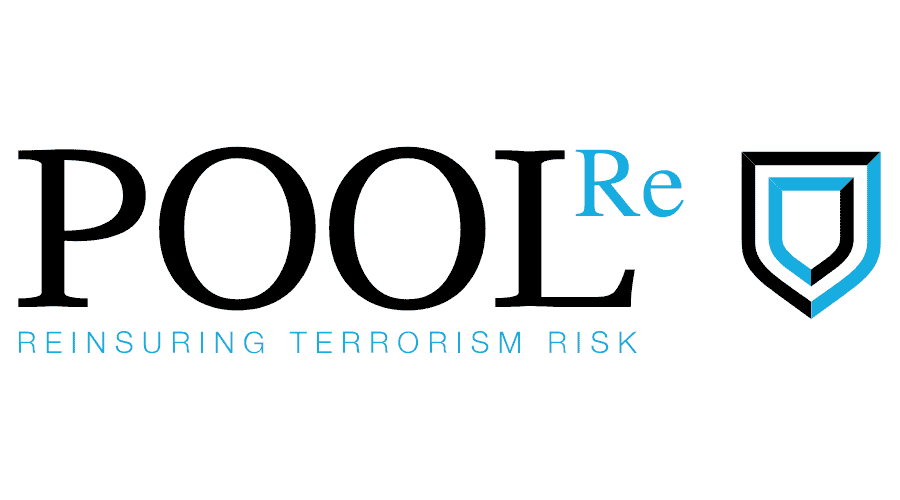Pool Re’s Baltic terrorism cat bond reset at higher attachment to maintain interest spread

This year, Pool Re, the UK government backed mutual terrorism reinsurer, has reset its £100 million Baltic PCC Limited (Series 2022-1) terrorism catastrophe bond at a higher attachment point which has allowed it to maintain the interest spread at roughly the same level it was at issuance of the notes.
Pool Re successfully renewed its ground-breaking terrorism risk catastrophe bond transaction in 2022, successfully upsizing it during marketing from an initial £75 million target to £100 million, and how well the offering was received by insurance-linked securities (ILS) investors.
At the time, Pool Re had also noted that it secured the new catastrophe bond at a risk interest spread of 5.5%, compared to the 5.9% paid under the previous and first Baltic PCC Limited (Series 2019).
Of course, since Pool Re issued the Baltic PCC 2022-1 cat bond in March 2022 a lot has happened in the catastrophe bond market, most notably the significant increase in cat bond market risk spreads that began in 2022 and accelerated dramatically after hurricane Ian later that year.
Because of that, the coverage Pool Re secured would have cost a comparably more had it been reissued in 2024, which was evident when the cat bond reached its annual reset this year.
The catastrophe bond sits as part of Pool Re’s £2.5 billion retrocessional reinsurance program.
At issuance, with its risk interest spread of 5.5%, the £100 million Baltic PCC 2022-1 terrorism catastrophe bond featured an attachment point of £500 million of losses to Pool Re, covering a share of a layer of the tower up to exhaustion of coverage at £700 million.
In 2023, Pool Re reset the terrorism cat bond at the same £500 million attachment point, with a risk interest spread of 5.51%, so not much of a difference to the issuance price.
But, as of March 1st 2024, when the Baltic 2022-1 cat bond was reset again, things have changed, reflecting the adjustments upwards in the cat bond and wider retro reinsurance market’s return requirements.
At the annual reset, exposure was also updated which may have had a bearing on the changes seen.
Pool Re opted to keep the risk interest spread relatively flat, at 5.49%, but the attachment point for the current risk period is now £725 million, while it covers 50% of losses up to £925 million for the UK terrorism reinsurer.
Pool Re has said that inflation had driven exposure and business interruption values higher in the previous year.
Inflation-related exposure increases is one of the key drivers of the hardening of reinsurance, ILS and catastrophe bond pricing over the last year, so it’s possible this has been the key reason for the need to lift the cat bond attachment higher.
But, at the same time, the cat bond markets desire to be paid better for the risk it assumes will also have contributed to the adjustment higher in the tower of the cat bond, while Pool Re has used its annual reset to good effect to ensure the coverage cost has not risen with it.
Which highlighted the importance of the annual reset feature in multi-year catastrophe bonds, giving a sponsor like Pool Re the ability to flexibly raise the cat bond in its terrorism retrocession tower, without having to increase the payments it is making for the coverage.






